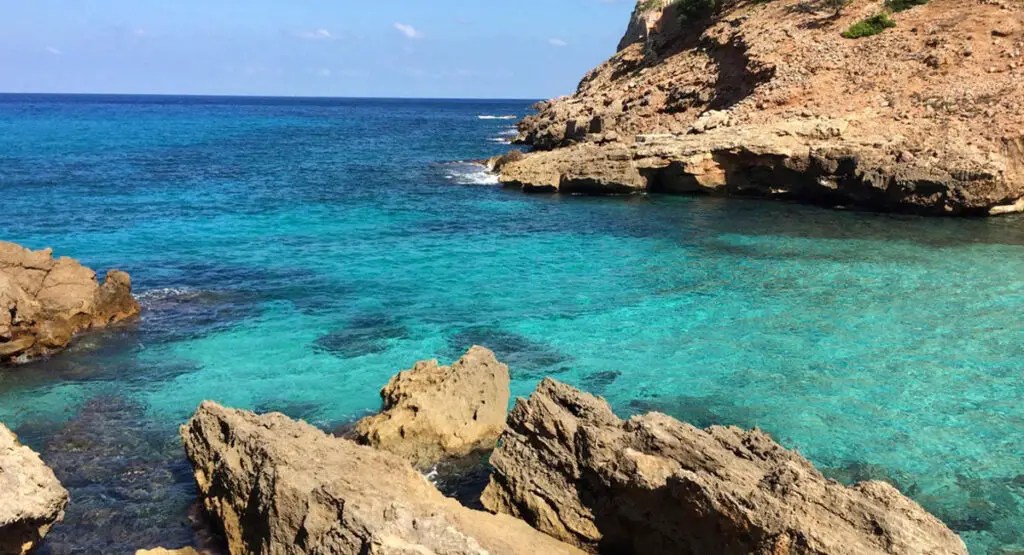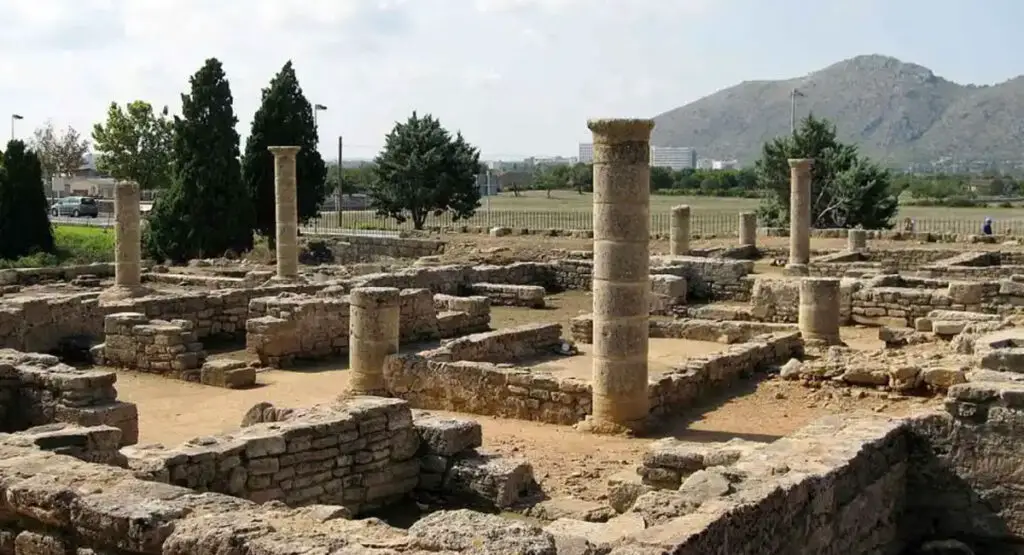The Origin of Baleares: How the Balearic Islands Got Their Name
The Balearic Islands, a stunning Spanish archipelago in the Mediterranean, are renowned for their breathtaking beaches, vibrant culture, and rich history. But have you ever wondered about the origin of the name Baleares? This article delves into the fascinating etymology of Baleares, exploring the historical influences that shaped this iconic name.

Historical Background of the Baleares
The Baleares, comprising Mallorca, Menorca, Ibiza, Formentera, and Cabrera, have been a crossroads of various civilizations throughout history. Each wave of settlers and conquerors left an indelible mark on the islands, contributing to the diverse cultural tapestry that defines the region today.
The Greek Influence: The Gimnesias
When the Greeks established a presence in the Baleares, they recruited local soldiers known as honderos—light infantry who used slings in combat. These warriors were integrated into the Greek light troops called gymnetes (from the Greek γυμνήτες), meaning “naked” or “bare.” This term highlighted the simplicity of their military equipment compared to the heavily armed hoplites.
The classical authors referred to the islands as the Gimnesias, a nod to the gymnetes who inhabited them. This name underscored the islands’ role as a strategic military outpost for the Greeks in the Mediterranean.
Transition to the Roman Era
From Gimnesias to Baleares
As history progressed, the Romans took over the region. Initially, the Romans preferred the Phoenician name for the islands, Baleares, especially when referring specifically to Mallorca and Menorca. Over time, however, the term Baleares expanded to encompass the entire archipelago, including Ibiza, Formentera, and Cabrera.

This shift from Gimnesias to Baleares marked a significant transition, reflecting the broader cultural and administrative changes under Roman rule. The name Baleares became the official designation, a legacy that persists to this day.
Cultural Divergence Within the Archipelago
Geographical isolation led to distinct cultural developments among the Baleares’ islands. For instance, Ibiza and Formentera, being closer to the Iberian Peninsula, experienced stronger Phoenician influences compared to Mallorca and Menorca. This cultural divergence is a testament to the Baleares’ dynamic history and strategic location in the Mediterranean.
++ The Best Hotels In San Antonio
++ Top Hotels in Santa Eulalia Ibiza: From Budget to Luxury Accommodation
Modern Significance of the Name Baleares
Today, the Baleares are Spain’s most visited autonomous community, attracting millions of tourists each year. The name Baleares not only signifies a geographical region but also embodies the islands’ rich historical legacy and cultural diversity.
Understanding the origin of the name Baleares provides deeper insight into the islands’ heritage and their role in Mediterranean history. From the ancient Gimnesias to the modern tourist paradise, Baleares continues to be a region of significance and allure.
For more detailed information on the history of the Balearic Islands, visit the Official Balearic Islands Tourism Website or explore the History of the Balearic Islands.




Leave a Reply